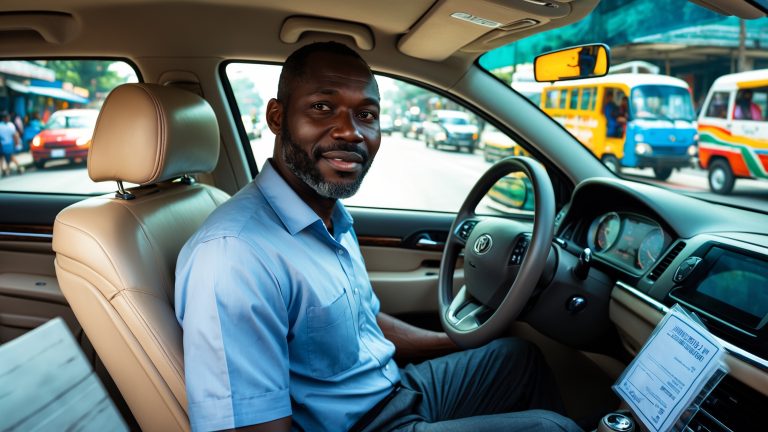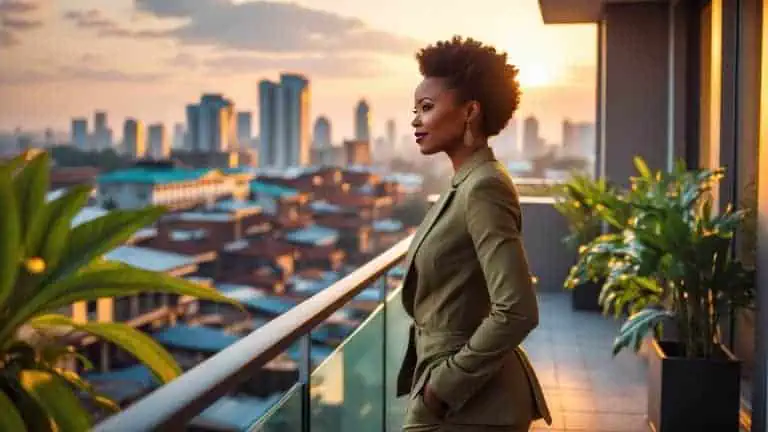This is a premium article written by one of our experts.
Check out

The Hidden Gold Rush: Why Smart Money is Backing Ghana’s Diaspora Entrepreneurs
While institutional investors pour hundreds of millions into large-scale infrastructure projects that take decades to materialize, a quiet revolution is unfolding across Ghana’s business landscape. A new generation of diaspora and expat entrepreneurs is building lean, profitable businesses with the kind of cultural fluency and global perspective that traditional foreign investments simply cannot replicate.

Essential Guide to Hiring a Safe & Trustworthy Driver in Ghana
This is a premium article written by one of our experts. Upgrade to Navigator or Pathfinder read the full article

Relocation Mindset: Knowing If Ghana Is Truly Right for You
Relocating to a new country is often imagined as an exciting leap into fresh opportunities, dynamic cultures, and personal growth. Yet, the reality runs deeper. Moving to Ghana—a nation known for its rich cultural traditions, warm communities, and dynamic cities—requires a thoughtful blend of preparation, self-awareness, and emotional readiness.

Domestic Worker Salaries in Ghana: What to Pay Nannies and Housekeepers
This is a premium article written by one of our experts. Upgrade to Navigator or Pathfinder read the full article

Unlocking Opportunities: Why Private Investors Should Back Diasporan Businesses in Ghana
Key Takeaways Investing in diaspora businesses, particularly those in Ghana, offers an opportunity to foster economic empowerment and leverage unique market advantages. These entrepreneurs, rooted in cultural fluency and strong community ties, create ventures that…

Tattoos in Ghana: Navigating Identity and Respectability Politics in a Modern Context
This is a premium article written by one of our experts. Upgrade to Navigator or Pathfinder read the full article